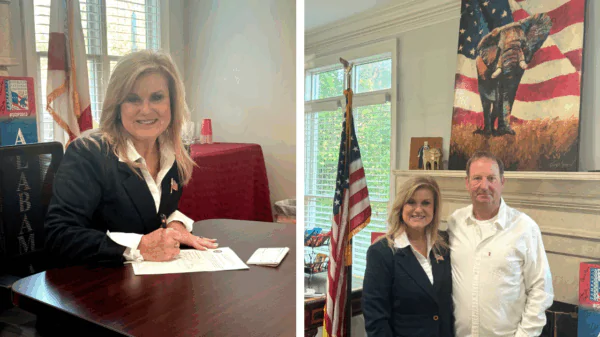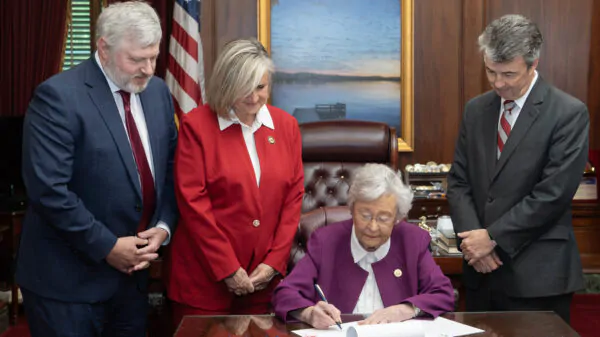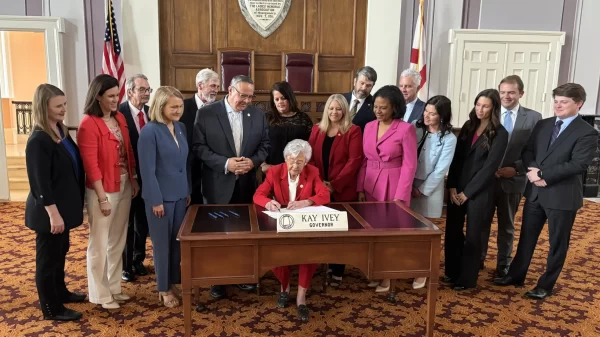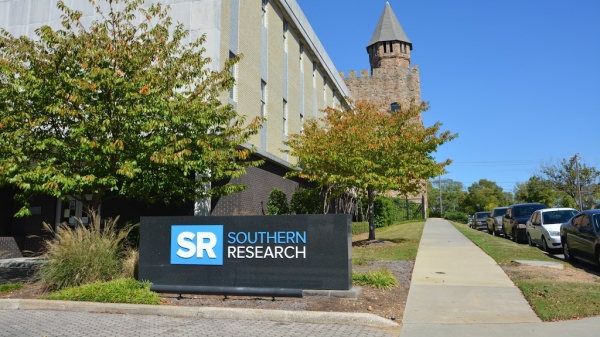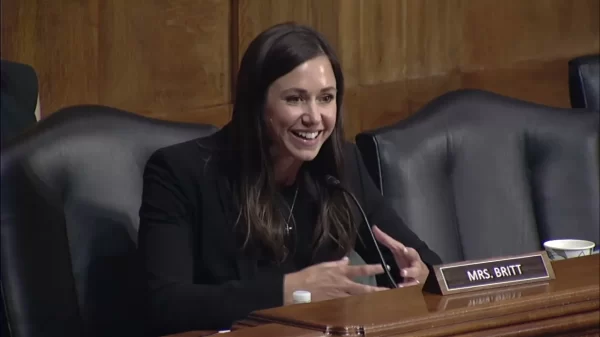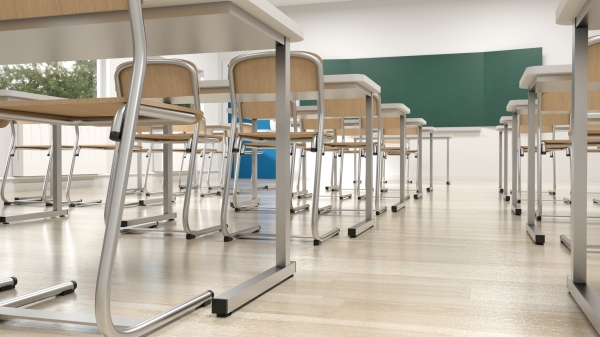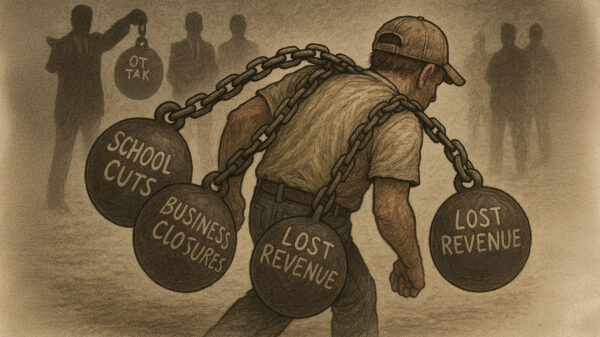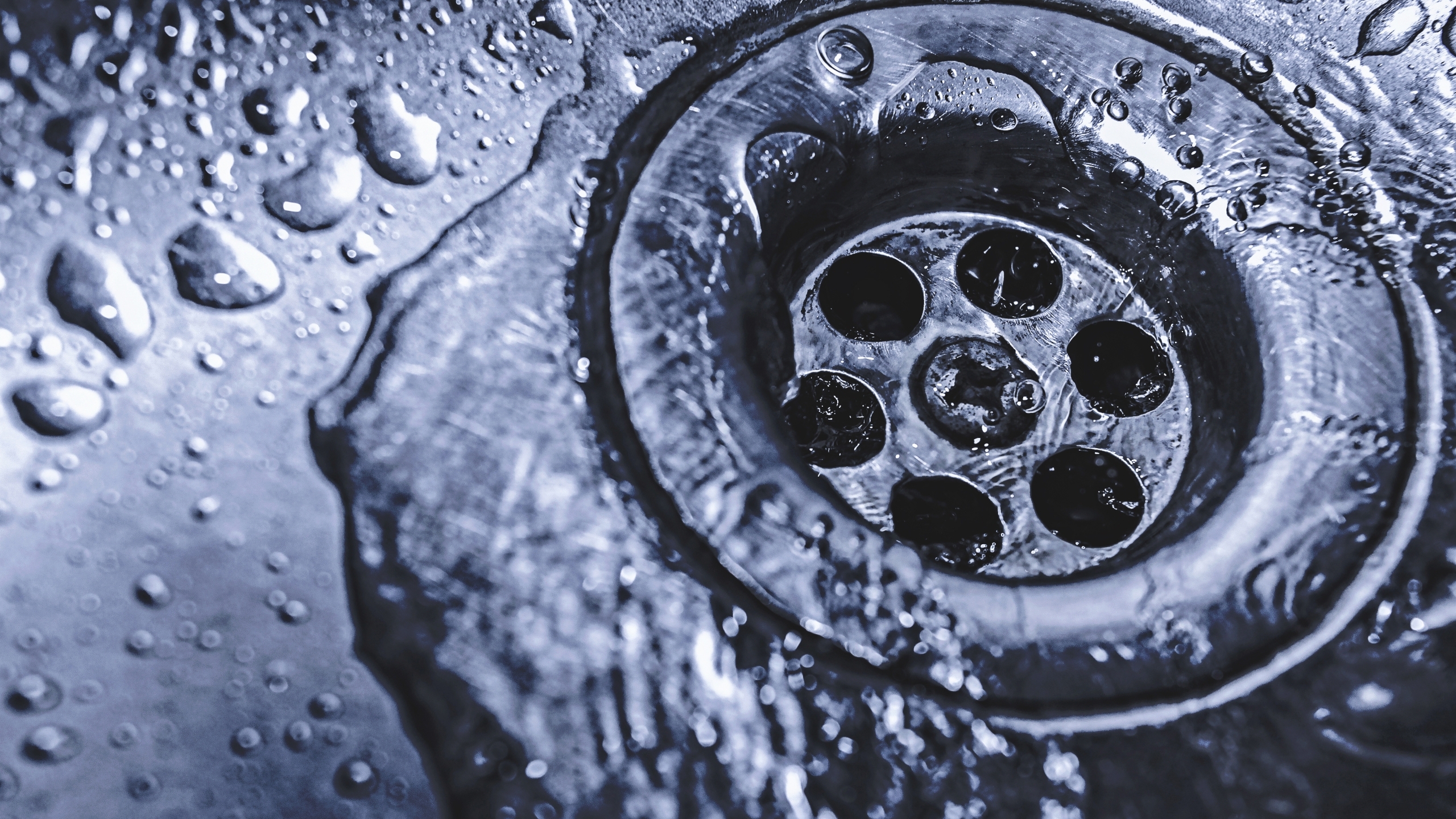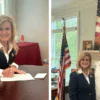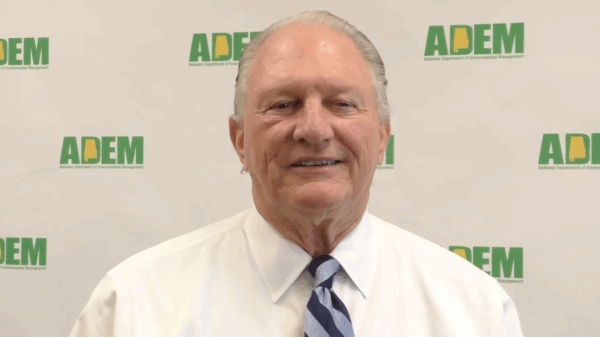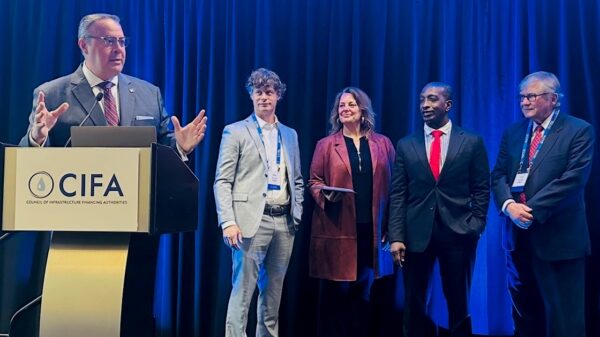Nearly 400 public water and sewer systems across the state of Alabama have applied for grants to repair and upgrade their systems under a special program funded with COVID-19 relief money and overseen by the Alabama Department of Environmental Management.
In a Special Session in January called by Gov. Kay Ivey, the Alabama Legislature approved spending $225 million out of the state’s American Rescue Plan Act (ARPA) funding to help public water and sewer systems with the greatest infrastructure needs as well as individual residents in need of water or sewer services. Included is funding specifically set aside for several trial projects to address unique sewer problems in the Black Belt that have plagued families for generations.
“This is an historic opportunity to address longstanding water and sewer needs to benefit hundreds of thousands, and potentially millions, of Alabamians,” ADEM Director Lance LeFleur said. “There is nothing more basic to good health than clean drinking water and sanitary wastewater disposal.”
The Legislature created three funding categories for the water and sewer grants.
Up to $120 million will be awarded to public water and sewer systems that have emergency or high- needs projects. These are systems previously identified by ADEM through the Clean Water State Revolving Fund and the Drinking Water State Revolving Fund administered by ADEM, or through enforcement actions necessary due to failing infrastructure. (The Clean Water State Revolving Fund is for sewer projects.)
Grants will be awarded on a ranking system that gives special consideration to projects that improve access to water or sewer services in communities disproportionately affected by COVID-19 or that lack local funding to complete the projects on their own. No local match funding is required for these projects.
An additional $100 million in grants will be awarded to public water and sewer systems that may require local matching funds based on their ability to pay. These projects will be based on need as well – both system infrastructure need and financial need.
The Legislature also designated up to $5 million for demonstration sewer projects in the Black Belt. These projects will target problems such as soil conditions that prevent wastewater from septic systems from being absorbed into the ground, failing sewer or septic systems, the use of “straight pipes” in the absence of a functioning septic system or sewer service, and other issues related to poor, sparsely populated, rural areas of the Black Belt.
As of March 25, 398 water and sewer systems in the state had applied for either drinking water or sewer grants. That’s more than 37 percent of all public water and sewer systems in the state.
“This is an indication of the tremendous needs that exist among water and sewer systems,” LeFleur said. “It is also indicative of the vast water and sewer infrastructure needs across the country due to aging systems, increased demand because of population growth and the need to provide services to people who are currently unserved or underserved. Many of these systems haven’t upgraded their infrastructure in 40 to 50 years.”
Addressing sewage disposal problems in the Black Belt will be a priority. State Rep. Kelvin Lawrence, D- Hayneville, said the funding could be life-changing for many people in his district, which includes the Black Belt counties of Lowndes and Wilcox.
“Whether you’re rich, poor, young or old, black or white, it doesn’t matter. Every citizen in the state of Alabama should be afforded the opportunity to have clean drinking water and also to dispose of their waste in a proper way so they won’t have to worry about dealing with health issues (that may result),” Lawrence said.
Republican State Sen. April Weaver, whose district includes parts of Bibb, Chilton and Shelby counties, noted the benefits these projects will mean to people across the state. “Water and sewer infrastructure plays a vital role in health, and we’re so excited to be able to invest in these projects,” Weaver said.
ADEM has encouraged public water and sewer systems to apply for the grants by April 1. LeFleur said systems that don’t meet that deadline can still apply for additional funding that is available.
LeFleur said ADEM is ready to assist systems that need help applying or simply want more information about the grants. The Department has created a webpage, www.alabamawaterprojects.com, to provide the public information about the program and regular updates on grant applications. The webpage includes links to the application forms for the water and sewer projects.
“It’s important for the public to understand that these grants will be awarded based on needs,” LeFleur said. “Those with the greatest needs and the least ability to pay are the priority.”


